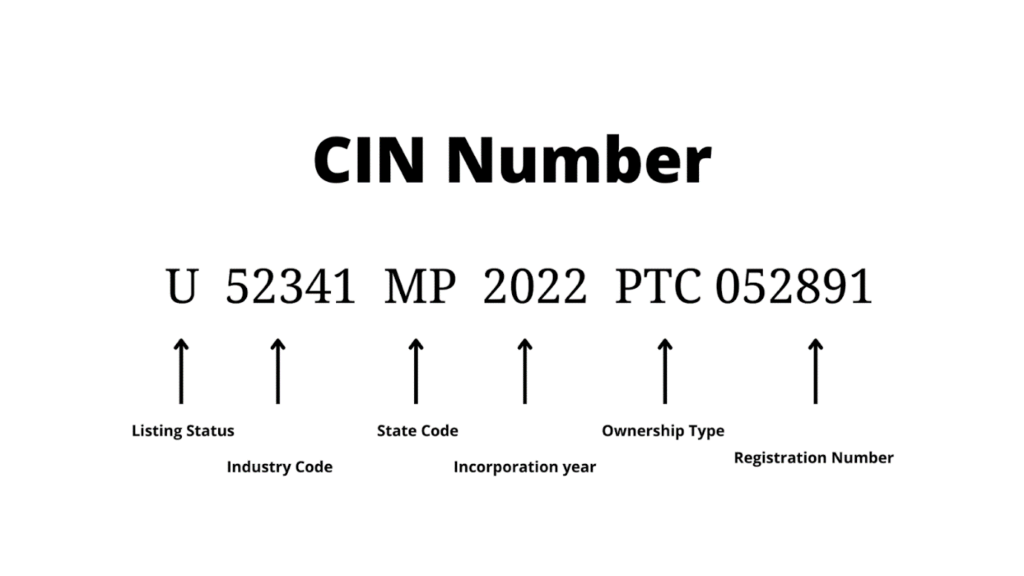Section 111 – Code of Criminal Procedure, 1973
Order to be made When a Magistrate acting under section 107, section 108, section 109 or section 110, deems it necessary to require any person to show cause under such section, he shall make an order in writing, setting forth the substance of the information received, the amount of the bond to be executed, the […]
Section 110 – Code of Criminal Procedure, 1973
Security for good behaviour from habitual offenders When an Executive Magistrate receives information that there is within his local jurisdiction a person who— (a) is by habit a robber, house-breaker, thief, or forger, or (b) is by habit a receiver of stolen property knowing the same to have been stolen, or (c) […]
Section 109 – Code of Criminal Procedure, 1973
Security for good behaviour from suspected persons When an Executive Magistrate receives information that there is within his local jurisdiction a person taking precautions to conceal his presence and that there is reason to believe that he is doing so with a view to committing a cognizable offence, the Magistrate may, in the manner hereinafter […]
Section 108 – Code of Criminal Procedure, 1973
Security for good behaviour from persons disseminating seditious matters (1) When an Executive Magistrate receives information that there is within his local jurisdiction any person who, within or without such jurisdiction,— (i) either orally or in writing or in any other manner, intentionally disseminates or attempts to disseminate or abets the dissemination of,— (a) […]
Section 107 – Code of Criminal Procedure, 1973
Security for keeping the peace in other cases (1) When an Executive Magistrate receives information that any person is likely to commit a breach of the peace or disturb the public tranquillity or to do any wrongful act that may probably occasion a breach of the peace or disturb the public tranquillity and is of […]
Section 106 – Code of Criminal Procedure, 1973
Security for keeping the peace on conviction (1) When a Court of Session or Court of a Magistrate of the first class convicts a person of any of the offences specified in sub-section (2) or of abetting any such offence and is of opinion that it is necessary to take security from such person for […]
Section 105L – Code of Criminal Procedure, 1973
Application of this Chapter The Central Government may, by notification in the Official Gazette, direct that the application of this Chapter in relation to a contracting State with which reciprocal arrangements have been made, shall be subject to such conditions, exceptions or qualifications as are specified in the said notification.]
CIN Number Meaning

Corporate Identification Number or Corporate Identity Number (CIN) is a 21-digit alpha-numeric number provided to all Private Limited Companies (PLCs), One Person Companies (OPCs), Companies owned by the Government of India, State Government Companies, Not-for-Profit, National Initiative for Developing and Harnessing Innovations (NIDHI) Companies, etc. registered in India. CIN number is a unique identification number […]
Section 105K – Code of Criminal Procedure, 1973
Procedure in respect of letter of request Every letter of request, summons or warrant, received by the Central Government from, and every letter of request, summons or warrant, to be transmitted to a contracting State under this Chapter shall be transmitted to a contracting State or, as the case may be, sent to the concerned […]
Section 105J – Code of Criminal Procedure, 1973
Certain transfers to be null and void Where after the making of an order under sub-section (1) of section 105E or the issue of a notice under section 105G, any property referred to in the said order or notice is transferred by any mode whatsoever such transfers shall, for the purposes of the proceedings under […]